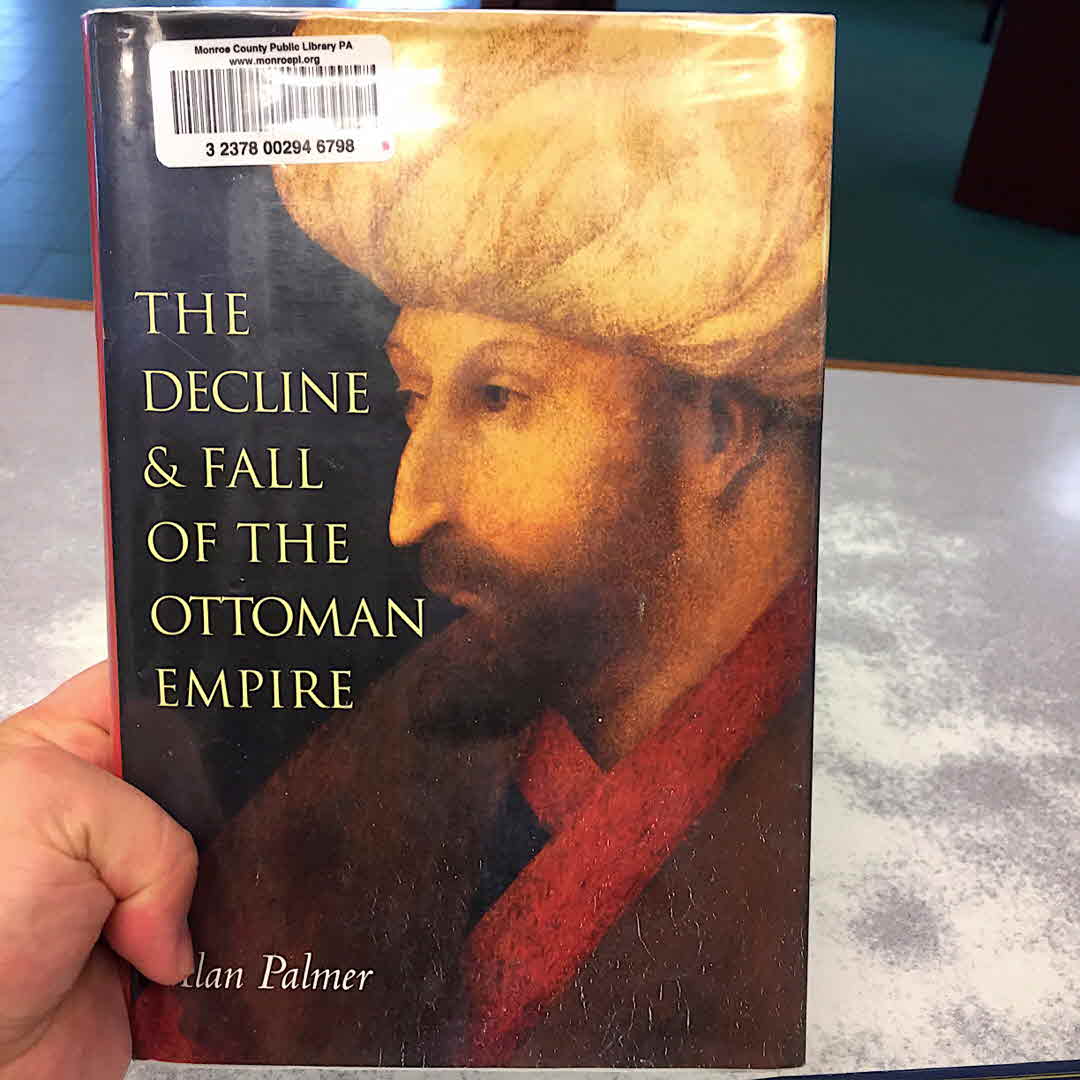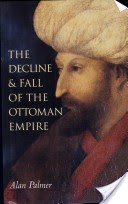
#TBRtemptation post 4! This was highly suggested to reading to me in college by several of my political science and history professors. They all basically said the same thing: if you want to know how the Middle East came to be as it is in modern times, then this is the book to get one's paws on. And since it came across my desk today for cataloging, then the universe must be reminding me, lol. So be it then! #blameLitsy #blameMrBook 😎
MyNamesParadise This is relevant for another reason- The Armenian Genocide occurred at the end of the Ottoman Empire collapsing. Hitler felt confident in his quest to rid Europe of its Jews because "nobody remembered Armenia". And The Promise, a movie about the Armenian genocide comes out tomorrow! 8y
LitsyGoesPostal 😊👍🏻 8y


















